Dr. Marcus Elliott, a Harvard-trained physician and the owner of P3 Peak Performance Project, is no ordinary physician.
In The Comfort Crisis, Michael Easter describes Elliot’s dedication to misogi, an artificial construct designed to discover what mentally and spiritually you can put yourself through to become a better human.
 In 1999 the New England Patriots were a mediocre football team averaging 21.5 hamstring injuries a year. Elliot, the Patriot’s physiologist, and injury prevention specialist, decided to take a physician’s approach to the problem. Developing an individualized player training prescription, which he believed would reduce the chance of injury, Elliot’s remedy dropped the Patriots’ hamstring injury rate to just three a season.
In 1999 the New England Patriots were a mediocre football team averaging 21.5 hamstring injuries a year. Elliot, the Patriot’s physiologist, and injury prevention specialist, decided to take a physician’s approach to the problem. Developing an individualized player training prescription, which he believed would reduce the chance of injury, Elliot’s remedy dropped the Patriots’ hamstring injury rate to just three a season.
Today, Elliott is considered a pioneer and one of the world’s foremost sports scientists.
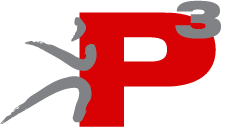 Now the owner P3 Peak Performance Project, he helped transformed Luka Doncic, 2018 NBA Rookie of the Year, and Dallas Mavericks All-Star. Elliot set Doncic up to do what he does best “eccentric force.” Today 60 percent of NBA players come through P3 to uncover the perils and opportunities hidden within their movement patterns.
Now the owner P3 Peak Performance Project, he helped transformed Luka Doncic, 2018 NBA Rookie of the Year, and Dallas Mavericks All-Star. Elliot set Doncic up to do what he does best “eccentric force.” Today 60 percent of NBA players come through P3 to uncover the perils and opportunities hidden within their movement patterns.
Kyle Korver, an NBA All-Star, and jump-shot artist is fourth on the all-time three-pointer list. Korver credits his most clutch performances to the lessons of misogi.
Korver said Elliot’s paddleboard misogi led him to break the NBA record for the most consecutive games with a three-pointer.
MISOGI Uncovers Your Latent Potential
New research shows that depression, anxiety, and feeling like you don’t belong can be linked to being untested.
“Misogis can show you that you had this latent potential you didn’t realize, and that you can go further than you ever believed. When you put yourself in a challenging environment where you have a good chance of failing, lots of fears fade and things start moving,” Elliot states.
Scientists at the University of Michigan investigated the evolutionary origins of fear. Our current fears are often driven by our past lifestyles.
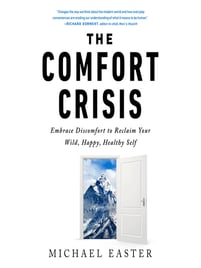 Early humans used to regularly face potentially lethal danger from hungry predators and venomous snakes, members of other tribes, violent weather and treacherous landscapes, loss of social status, and so on.*
Early humans used to regularly face potentially lethal danger from hungry predators and venomous snakes, members of other tribes, violent weather and treacherous landscapes, loss of social status, and so on.*
“Failure even a hundred years ago could mean that you die,” said Elliott. “But people vastly overestimate the consequences of failure today. Failure now is that you fuck up a PowerPoint presentation and your boss gives you a bad look.”
Variations of the misogi myth exist through time and space. Greek, Mesopotamian, Buddhist, Norse, Christian, Hindu, and ancient Egyptian mythology all have some version of what Joseph Campbell called “the hero’s journey.”
The hero exits the comfort of home for adventure. He’s hit with a challenge. It tests his physical, psychological, and spiritual fortitude. He struggles. Yet he manages to prevail.
Flow State – Drive Happiness & Growth
Misogi may uncover the coveted “flow state.”
Mihaly Csikszentmihalyi, a young psychology researcher in the 1960s, noticed something fascinating about artists, how they could become completely present and engrossed in their work. In this state, action, and awareness would merge.
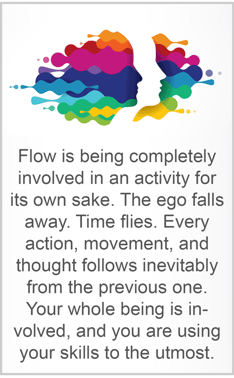 Random thoughts, bodily sensations like pain or hunger, and even their sense of ego and self would all fade. It was a sort of prolonged Zen in the art of…art.
Random thoughts, bodily sensations like pain or hunger, and even their sense of ego and self would all fade. It was a sort of prolonged Zen in the art of…art.
Csikszentmihalyi began studying this state. He would name it “flow state.”
Lapsing into flow requires two conditions: The task must stretch a person’s limits and it must have a clear goal.
The flow state, Csikszentmihalyi and the other researchers now believe, is a key driver of happiness and growth.
It is the opposite of apathy. Csikszentmihalyi discovered flow provides “potential to make life more rich, intense, and meaningful; it is good because it increases the strengths and complexity of the self.”
Watch this 3-minute video on Flow Theory by Mihaly Csikszentmihalyi
A friend of mine, Brian Harrington, recently shared an idea:
“Leaders seek change, managers seek routine. Managers own processes, leaders’ own relationships!”
When you lead, you seek change in yourself, your business, and your people.
Great Leaders Create a Misogi (Think BHAG, 3HAG) to challenge the team.
A great leader achieves flow in your business, your people, and yourself.
To create an environment where everyone is inspired to give their best, contact Positioning Systems today to schedule a free exploratory meeting.
Growth demands Strategic Discipline.
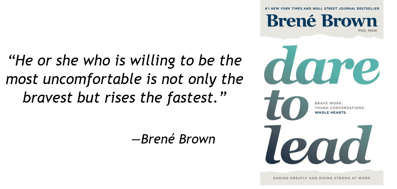 The best way to overcome self-limiting beliefs is to force yourself outside your comfort zone or be pushed there by others. Your comfort zone is the glass ceiling of your limiting beliefs. Next blog we continue to explore how to elevate performance by building your emotional capacity.
The best way to overcome self-limiting beliefs is to force yourself outside your comfort zone or be pushed there by others. Your comfort zone is the glass ceiling of your limiting beliefs. Next blog we continue to explore how to elevate performance by building your emotional capacity.
Building an enduring great organization requires disciplined people, disciplined thought, disciplined action, superior results, producing a distinctive impact on the world.
Discipline sustains momentum, over a long period of time, laying the foundations for lasting endurance.
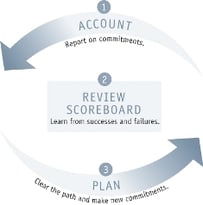 A winning habit starts with 3 Strategic Disciplines: Priority, Metrics, and Meeting Rhythms. Forecasting, accountability, individual, and team performance improve dramatically.
A winning habit starts with 3 Strategic Disciplines: Priority, Metrics, and Meeting Rhythms. Forecasting, accountability, individual, and team performance improve dramatically.
Meeting Rhythms achieve a disciplined focus on performance metrics to drive growth.
Let Positioning Systems help your business achieve these outcomes on the Four most Important Decisions your business faces:
|
DECISION |
RESULT/OUTCOME |
|
PEOPLE |
|
|
STRATEGY |
|
|
EXECUTION |
|
|
CASH |
|
Positioning Systems helps mid-sized ($5M - $500M+) businesses Scale-UP. We align your business to focus on Your One Thing! Contact dwick@positioningsystems.com to Scale Up your business! Take our Four Decisions Needs Assessment to discover how your business measures against other Scaled Up companies. We’ll contact you.
NEXT BLOG – Elevate - Overcome Self-Limiting Beliefs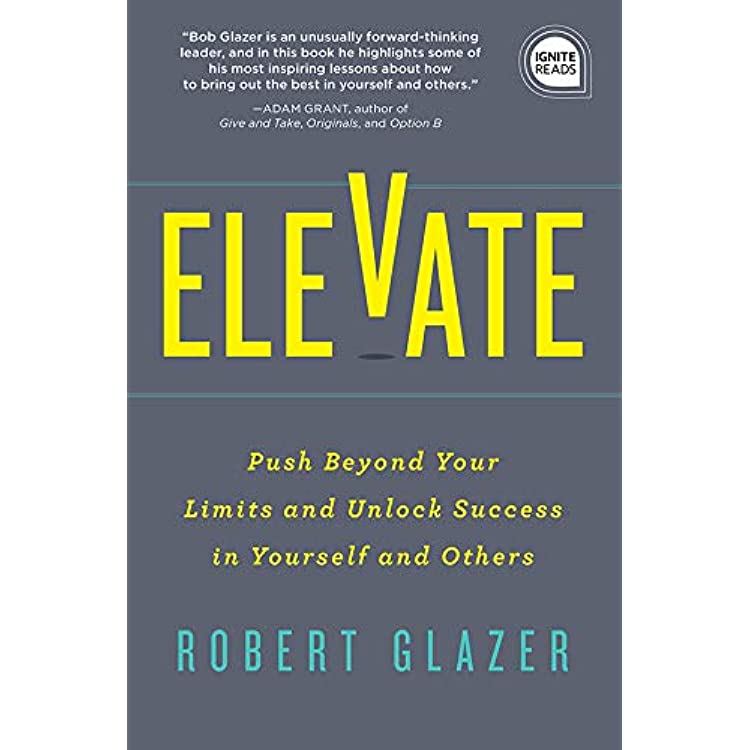






.jpeg?width=150&height=135&name=Hand%20with%20marker%20writing%20the%20question%20Whats%20Next_%20(1).jpeg)

